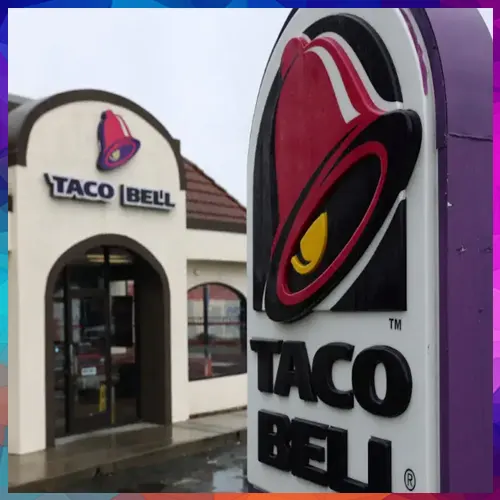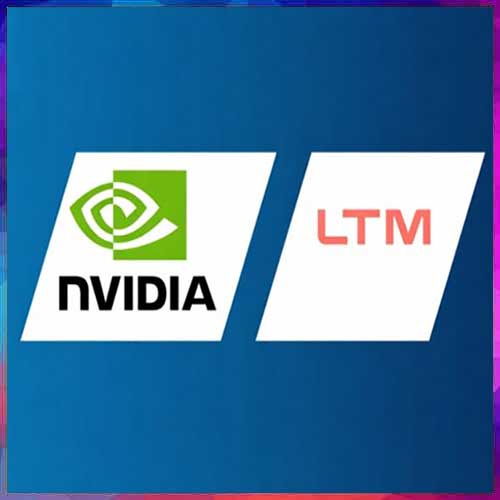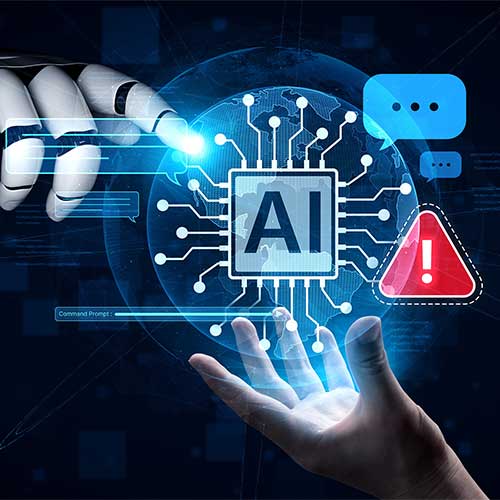
Taco Bell’s cautious AI stance mirrors broader industry concerns, with an MIT study showing only five percent of generative AI projects boost revenues, while rivals like McDonald’s have also scaled back after order mishaps, including bacon-topped ice cream and nugget overcharges
Taco Bell, one of the largest fast-food chains in the United States, is rethinking its artificial intelligence (AI) strategy after customer experiences exposed flaws in its voice-ordering system. The company, which had positioned AI as a tool to streamline operations and improve efficiency, is now pulling back on rapid deployment.
AI rollout hits roadblocks
The restaurant chain began testing voice-enabled AI at drive-throughs last year, promoting it as a way to improve customer interactions and reduce pressure on staff. However, the system quickly ran into problems. In one case, a prankster attempted to order 18,000 water cups, overwhelming the software. In another incident, a customer became frustrated when the AI repeatedly suggested adding more drinks to his order.
Acknowledging the challenges, Dane Mathews, Taco Bell’s Chief Digital and Technology Officer, said the company is still refining the technology. “We’re learning a lot. Sometimes it surprises us, and sometimes it lets us down,” he noted. Mathews admitted that during peak hours, human staff remain better equipped to manage orders efficiently.
Slower expansion strategy
Taco Bell has decided to slow its rollout of voice AI, focusing instead on carefully assessing where and when the system is most effective. According to Mathews, the company will train restaurant teams to monitor AI interactions closely and intervene when necessary. “We’ll coach our teams on when to rely on AI and when to step in manually,” he explained.
The decision aligns with broader industry concerns about the over-promise of AI. A recent Massachusetts Institute of Technology (MIT) study found that while generative AI projects often generate enthusiasm, only a small fraction—around five percent—deliver measurable revenue growth.
Industry-wide learning curve
Taco Bell is not alone in its cautious stance. Rival McDonald’s also scaled back similar AI initiatives last year after repeated order mishaps, including one case where bacon was added to an ice cream order and another where customers were mistakenly charged for hundreds of dollars worth of chicken nuggets.
As fast-food chains explore AI to balance efficiency with customer satisfaction, Taco Bell’s recalibration highlights both the potential and the pitfalls of automation in a high-volume service environment.
See What’s Next in Tech With the Fast Forward Newsletter
Tweets From @varindiamag
Nothing to see here - yet
When they Tweet, their Tweets will show up here.





























